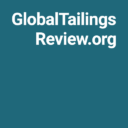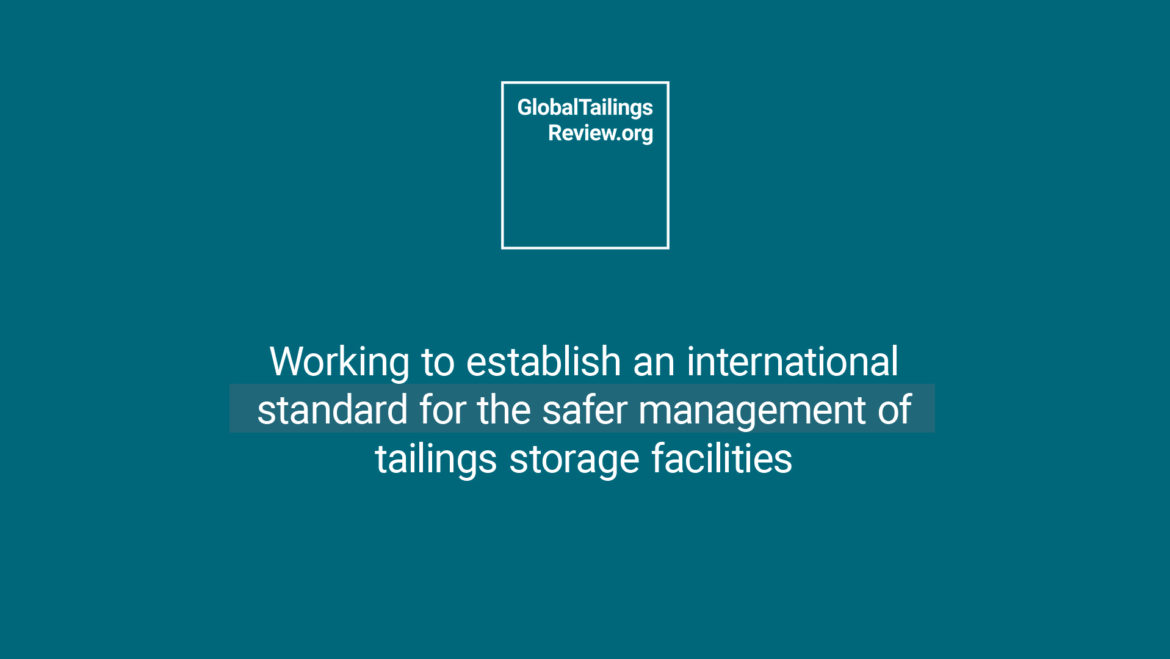The Global Tailing Review’s consultation phase on the draft Global Tailings Standard has now ended, after being shared for public consultation in 7 languages between 15 November and 31 December 2019. The consultation collected feedback from a diverse range of stakeholders to enhance the development of a robust, fit-for-purpose global standard for the safer management of tailings. The consultation was conducted in two forms: 1) online (responses could be submitted via a survey questionnaire or open letters to our consultation email address) and 2) in person consultation in mining jurisdictions.
The Review is committed to transparency and once the final Standard is published, the Global Tailings Review will release a consultation report that reflects feedback, key themes, topics and sentiments from different stakeholder groups, as well as how that feedback was processed and addressed in the final draft of the Standard.
Dr Bruno Oberle, Chair of the Global Tailings Review said:
“One part of the consultation was virtual and, at the same time, I have travelled to different mining countries to engage in person with local communities, mining companies, regulators, NGOs and scientists. I wanted to speak to individuals for whom a virtual consultation is not preferred. I wanted to understand how the draft Standard is perceived in different cultures and situations and I wanted to make clear that the draft Standard has an ambition to become globally implemented.
“This journey was amazing, informative and confronted me not only with the urgent necessity to improve the management of tailings, but also with the depth of knowledge that exists within the different stakeholder groups that I had the opportunity to meet. For example, in Chile, we learned a lot about the regulations which are in the process of being updated and also about measures to increase transparency.
“Holding in-person consultations on the draft Global Tailings Standard in Kazakhstan, China, Chile, South Africa, Ghana, Australia and Canada highlighted many points that need to be addressed, and we received valuable suggestions and important insights. Overall, an enriching experience that will contribute significantly to the maturing of the Standard. With thanks to the hundreds of people who offered their time and engaged with us.”




